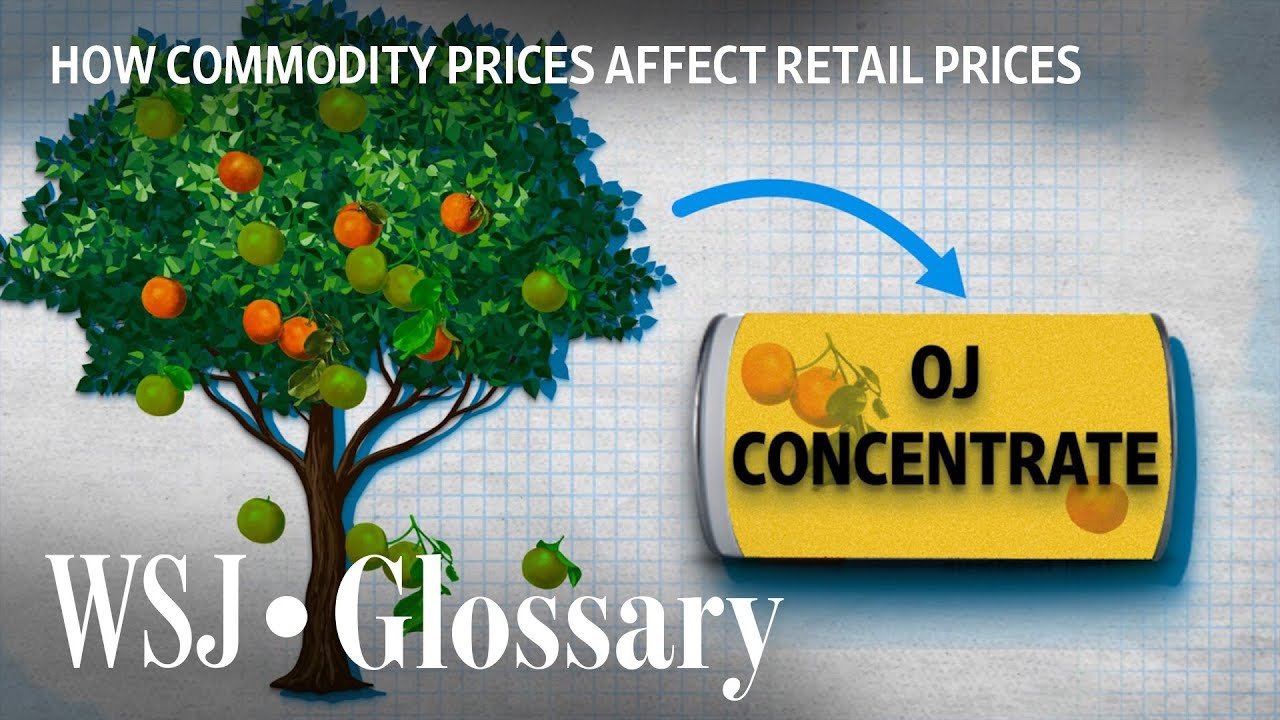The recent video from Wall Street Journal explains the intricacies of commodity markets using the example of frozen concentrate orange juice. It highlights the decline in Florida’s orange production due to diseases and natural disasters, resulting in record-high futures prices and increased reliance on imports from Mexico and Brazil. The video details how commodity trading, particularly futures contracts, helps farmers and manufacturers hedge against market volatility, while financial traders look to profit from it. The consequences of these market dynamics ultimately influence the retail prices paid by consumers.
- Frozen concentrate orange juice futures have hit record highs due to a sharp decline in Florida’s orange production.
- Florida’s orange industry is facing challenges from citrus greening, freezes, and hurricanes, leading to the worst harvest in nearly 90 years.
- The decline in local supply has led to increased imports from Mexico and Brazil, made cheaper by a strong U.S. dollar.
- Futures contracts play a crucial role in commodity markets, allowing farmers and manufacturers to protect themselves against price fluctuations.
- Financial traders engage with commodity markets to speculate and potentially profit from price volatility.
- High futures prices cause a ripple effect, increasing costs for manufacturers, retailers, and ultimately consumers.
The Wall Street Journal is an American business and economic-focused international daily newspaper based in New York City. The Journal is published six days a week by Dow Jones & Company, a division of News Corp.
AllSides Media Bias Rating: Center
https://www.allsides.com/news-source/wall-street-journal-media-bias
Official website: https://www.wsj.com
Original video here.
This summary has been generated by AI.
